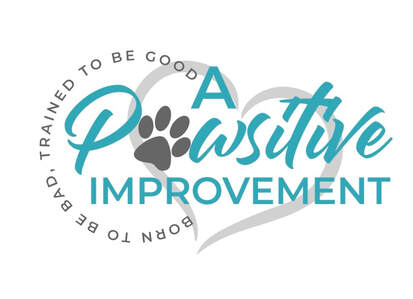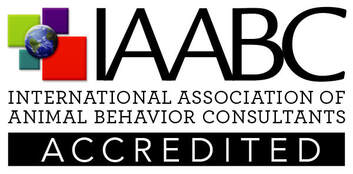Certified Training and Behavioral Modification Services
"Are you aware that there is a distinction between a Certified Dog Behavior Consultant and a trainer who addresses behavioral issues?"
Many trainers claim they can handle aggressive dogs or those that aren't particularly social. Unfortunately, they often don't realize what they don't know. It's crucial to entrust your dog's well-being to someone who has demonstrated their expertise well beyond just training dogs. You wouldn't take your child to a doctor without a medical degree, yet people frequently bring their dogs to trainers to resolve issues that should be addressed by someone with proper credentials. It's very hard to know where that line is! Click here to fill out a form to have me contact you:
Position Statement:
Have you seen the ads for sending your dog off and having a perfectly well-behaved dog that can work off-leash when you get your baby back? What about the amazing videos where the dog is working in a public environment, heeling and going through his paces? You should know that these places generally use choke chains, prong collars, electronic shock collars, and other aversive means to train your dog. Look at the videos closely, and you will see the signs of stress the dog is showing. For as many people you hear recommend the training because it worked for their dog, there are just as many who reach out to behaviorists afterward to try to rehabilitate after such mental and emotional trauma.
I do not support the use of aversive training methods such as choke chains, prong collars, electronic shock collars, or other harmful means to train dogs. While some may claim success with these methods, they can cause stress and emotional trauma for the dog. As a behavior consultant, I teach people to change their dog's behavior by addressing the environment and finding the right motivations.
Have you seen the ads for sending your dog off and having a perfectly well-behaved dog that can work off-leash when you get your baby back? What about the amazing videos where the dog is working in a public environment, heeling and going through his paces? You should know that these places generally use choke chains, prong collars, electronic shock collars, and other aversive means to train your dog. Look at the videos closely, and you will see the signs of stress the dog is showing. For as many people you hear recommend the training because it worked for their dog, there are just as many who reach out to behaviorists afterward to try to rehabilitate after such mental and emotional trauma.
I do not support the use of aversive training methods such as choke chains, prong collars, electronic shock collars, or other harmful means to train dogs. While some may claim success with these methods, they can cause stress and emotional trauma for the dog. As a behavior consultant, I teach people to change their dog's behavior by addressing the environment and finding the right motivations.








